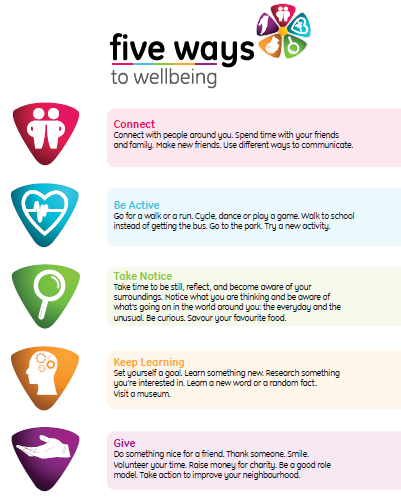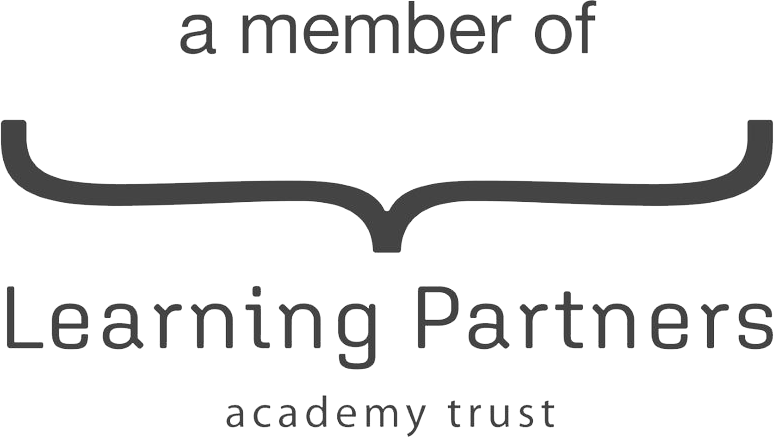Mental Health and Wellbeing
At Northmead we are proud to provide a supportive, caring and inclusive learning environment where every individual is valued and respected. We believe in nurturing the mental health of our children so they feel secure and ready to learn.
We work hard in school to promote positive mental health and well being to ensure the children are able to cope with changes, emotions and situations in their lives which may be challenging.
What is mental health?
We all have mental health, just as we all have physical health. Being mentally healthy means that we feel good about ourselves, make and keep positive relationships with others and can feel and manage the full range of emotions.
These can range from happiness, excitement and curiosity through to less comfortable feelings such as anger, fear or sadness.
Good mental health allows us to cope with life's ups and downs, to feel in control of our lives and to ask for help from others when we need support.
What is wellbeing?
The definition of wellbeing is both feeling good and functioning well.
Often, life events that are outside our control can damage our mental health, and this is made worse if we feel powerless to do anything about them.
One of the ways we can re-gain a sense of control and nourish our mental health is to remember 'the five ways to wellbeing' which have been found in research to improve mental wellbeing in children and adults.
What are the Five Ways to Wellbeing?
The Five Ways to Wellbeing Framework was developed by the New Economics Foundation as a set of five evidence based actions that promote wellbeing. Based on the latest scientific evidence the simple actions, if taken regularly, can improve wellbeing and enhance quality of life.

Each action can be undertaken individually or collectively as part of everyday activity.
The Five Ways to Wellbeing may help children and young people:
- Make the most of opportunities and deal with stressful situations by taking time out and learning how to cope when things get tough.
- Increase their interpersonal skills, empathy and communication skills through giving and seeing themselves as part of the wider community.
- Increase their feeling of self-worth by taking notice of what they are good at and what they have to offer others.
Let’s help children and young people to take responsibility for their own wellbeing. The best way to really improve wellbeing is through understanding that
‘Wellbeing is important for me’
‘There are things that I can do to improve my wellbeing’
Although we can support children and young people to be happy and healthy through the work we do, they have the best chance of being able to stay happy throughout their lives if they learn how to take responsibility for their own wellbeing.
Lead Staff:
Hannah Powell: Wellbeing for Schools Lead
Jackie Wells: HSLW Home School Link Worker
Laura Abdessalam: Mental Health Lead & PSHE Lead
Alison Maeer : ELSA Emotional Literacy Support Assistant
Aimee Fairhurst: SENDCO
The Expert Parent's Guide to Childhood Anxiety.



